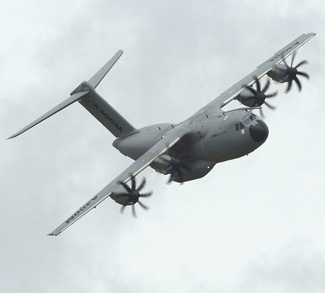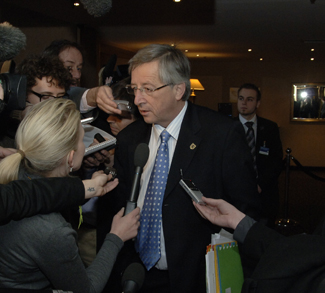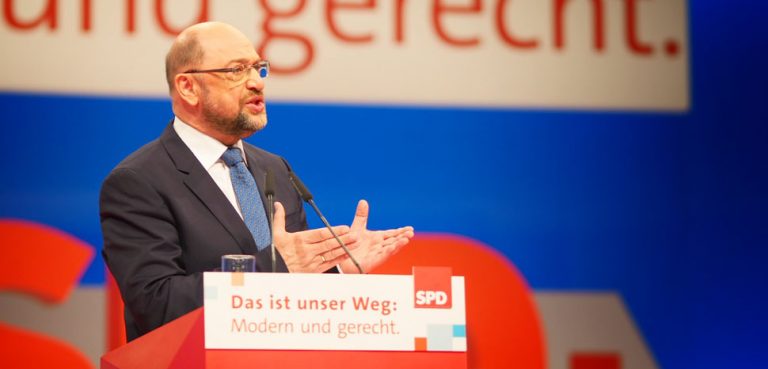Summary
A joint military force has long been pushed by Europhiles, only to be thwarted time and time again by the United Kingdom’s veto. Now that the Brexit vote has come and gone, taking the UK along with it, the issue of a joint EU headquarters is once again on the table.
The prospect of an EU army is a political minefield: the question of which states pay for it, where the EU headquarters will be located, the composition of the joint military’s command structure, the mission mandate and how it coexists with NATO – these are just a few of the sticky issues that need to be worked out.
This of course comes at a time when populations across the EU have very little appetite for an expansion of EU sovereignty and the budgets that go with it. Yet forward momentum on an EU headquarters shouldn’t be discounted, as the establishment of an EU army may be the ‘low hanging fruit’ of progress on the European project at a time of widespread popular pushback.
Background
EU Commission President Jean-Claude Juncker has long been a proponent of creating an EU army, calling for it back in 2015 so that the EU could be “taken seriously” vis-à-vis the Russian threat. Now, in the post-UK EU, his calls are falling on more sympathetic ears.




